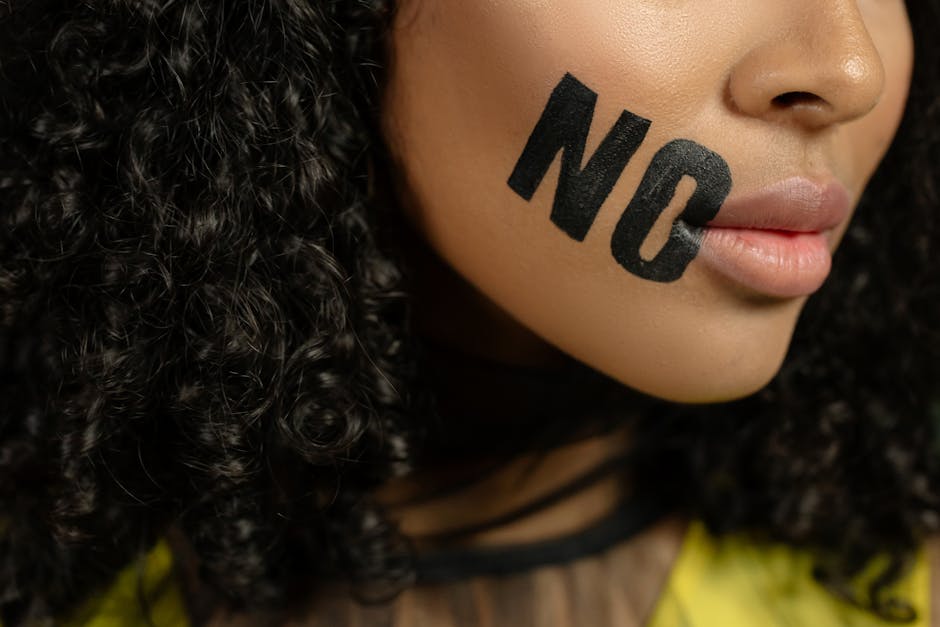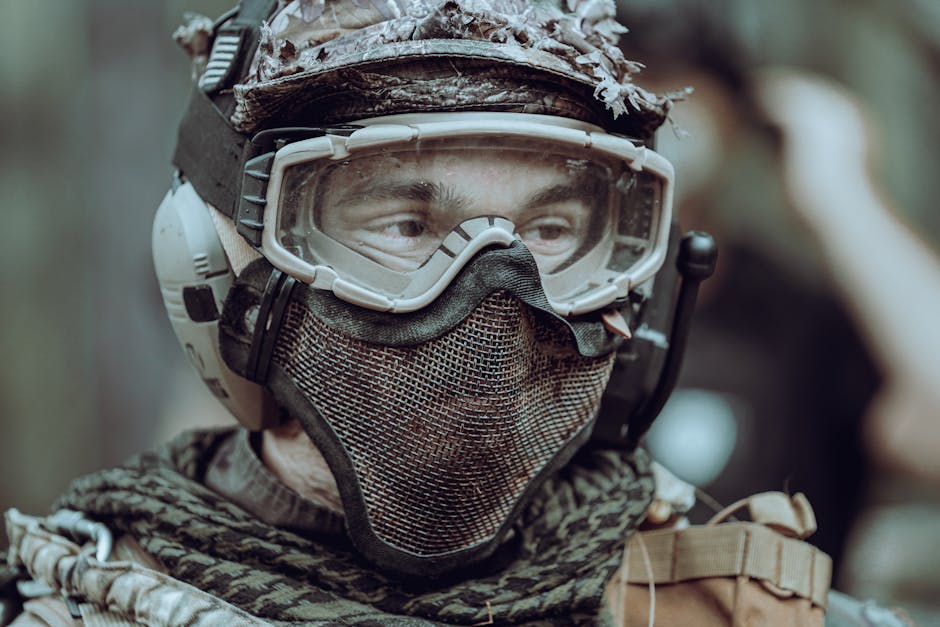Japanese Creative Giants Challenge OpenAI Over Copyrighted Material
In a move sending shockwaves through the tech and creative industries, three of Japan’s most revered cultural powerhouses—Studio Ghibli, Bandai Namco, and Square Enix—have publicly demanded that OpenAI stop using their content to train its artificial intelligence models.
This isn’t just a legal challenge; it’s a declaration that the soul of creativity, from the enchanting lines of Totoro to the sharp polygons of a Buster Sword, is not raw data for the taking.
A Clash of Creative Titans vs. Big Tech
For decades, these companies have been architects of our collective imagination.
* Studio Ghibli, under the masterful direction of Hayao Miyazaki, gave us the hand-drawn, heart-wrenching beauty of Spirited Away and My Neighbor Totoro.
* Square Enix built the sprawling digital universes of Final Fantasy, crafting narratives and characters that have defined generations of gamers.
* Bandai Namco, the giant behind everything from the punishing world of Elden Ring to the nostalgic chomp of Pac-Man, has been a cornerstone of interactive entertainment.
Their creations are the product of countless hours of human passion and artistic genius. The demand from Studio Ghibli, Bandai Namco, and Square Enix argues that this intellectual property should not be used without permission or compensation.
The Heart of the Conflict: Copyright vs. Data Scraping
OpenAI’s models, including the headline-grabbing ChatGPT and video-generator Sora, require a colossal diet of text and images to learn how to create. Much of this data is scraped from the internet, hoovering up copyrighted material in the process.
These Japanese studios are accusing OpenAI of conducting a digital heist, using their cherished creations to build a machine that could devalue their very existence. The fear is twofold:
1. Copyright Infringement: The unauthorized use of their property is a direct violation of copyright law.
2. Brand Dilution: The potential for AI to generate content in the “style of Ghibli” or create a “Final Fantasy-like character” dilutes the unique identity they have painstakingly built over decades.
A Growing Rebellion with Legal Precedent
This action represents a significant escalation in the ongoing battle between creators and Big Tech. While individual artists have been sounding the alarm for years, the entry of these corporate titans adds immense legal and financial weight to the protest.
The move echoes the landmark lawsuit filed by The New York Times against OpenAI, setting a powerful precedent for other rights holders. For creative industries worldwide, this is a development to watch closely. The fight these Japanese studios are waging today could well be the fight that protects the future of global creativity tomorrow.
What’s at stake is the very definition of art and ownership in the 21st century. This showdown is more than a legal dispute; it’s a philosophical clash between the meticulous, human-centric process of creation and the automated, data-driven logic of machine learning. By demanding OpenAI stop using their content to train AI, these studios are defending the idea that originality and soul cannot be reduced to mere training data.




